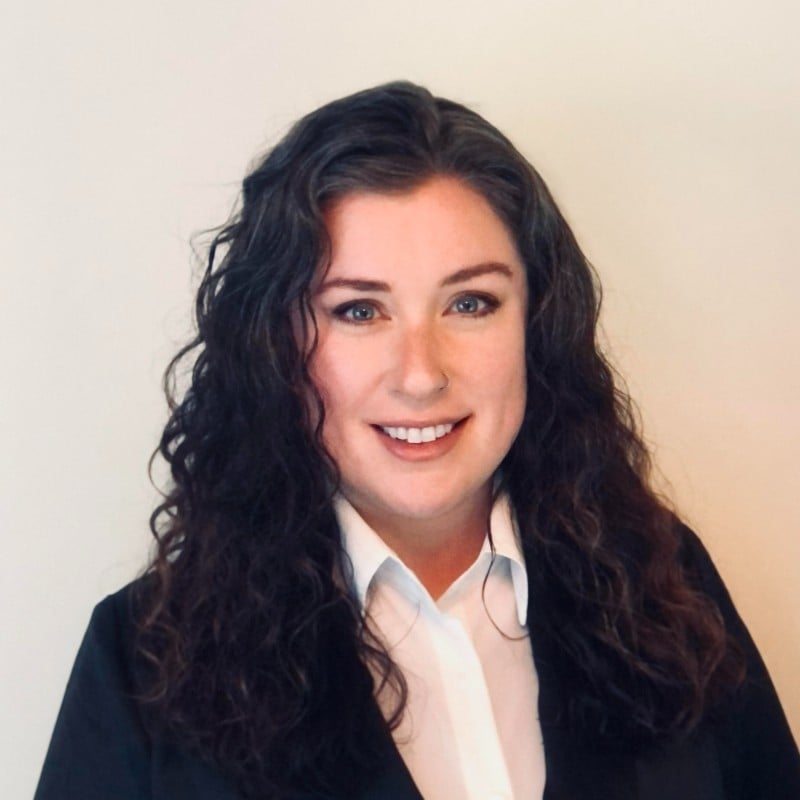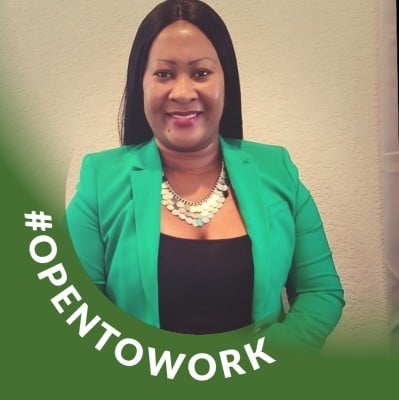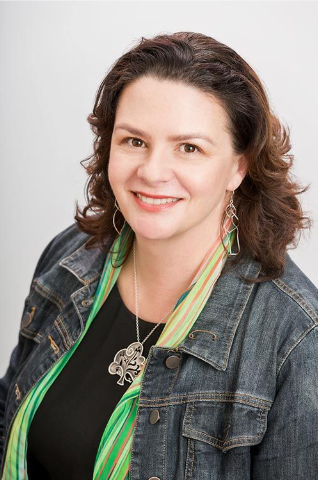
Instantly book an appointment with a vetted notary and see their location on a map on the day of the appointment. Flat rate pricing with no limit on number of notarizations. Currently only available in the San Francisco Bay Area.


Process-driven estate planning attorneys can leverage our best-in-class, totally outsourced Document Concierge solution to serve more clients outside their geographical area without hiring staff or leasing an office.
Companies hiring in multiple states can leverage our network of trusted verifiers and a rock-solid process that can scale as your organization grows. Give your employees concierge-grade onboarding and free up valuable HR employee hours.


We don't rest until you're satisfied. 100% money-back guarantee included.

We screen our notaries for flexibility, empathy and professionalism.

We eliminate the back and forth across calls, texts and voicemail

We can customize every element of the signing experience to fit.

40+ five star reviews on Google Maps from our happy clients.

Our notaries speak 50+ languages. Foreign documents welcome!

Full-service including notarization and in-person delivery to SOS.

We've been at this for a while. Profit from our accumulated knowledge.







Notaries in our database

Cities we dispatch notaries in

Notary appointments completed

Types of document handled


San Francisco


Miami


New York


Washington D.C.


Chicago


Austin


Los Angeles


Boston


Nashville


Portland


Detroit


Seattle
If you just need a simple signature witnessing or notarization for a straightforward document during regular business hours and do not require someone to meet you at a specific location, please visit your bank (call ahead), the closest UPS Store or Postal Annex.
These locations typically charge a nominal fee per notarization signature even though you may have to stand in line and work with their schedules.
If you are in the Bay Area, already have your documents printed and simply need an appointment a vetted notary please take advantage of our on-demand “Uber for Notarization” experience aptly named TBN Express.
Absolutely! Clients in our our full-service prepaid plans get true nationwide access. Please reach out to schedule a call to see how we can help.
For our on-demand service, we are only live in the California Bay Area at the moment. Check back soon or join our waitlist to find out when your city goes live.
As of 2023, more than 40 states have officially allowed RON (Remote Online Notarization) which can be done remotely via video and relies on third party KBA (Knowledge Based Authentication). This option is ideal when it is certain that a wet-signature will not be required for the transaction in question and a PDF copy will suffice. We are happy to connect you with a remote online notary in a state that allows it even if the state you or your client is in hasn’t passed a RON law yet (like California). If you are an attorney and want to know if this totally above board it is! You can learn more here.
For cases when a paper original is needed, a signer has to physically meet with a notary and sign the notary’s journal for the notarization of their signature to be complete (in states where notaries are required to keep journals).
The notary also has to physically examine the signer’s ID and ensure that they are signing the document of their own free will which requires a physical meeting.
The following is a list of acceptable forms of ID:
If any of the above forms of identification are not available, or it would be excessively difficult for the document signer to obtain them, notaries can use the oaths of a credible witness or two to satisfy notary identification requirements.
In California, the two individuals have to be over the age of 18, have valid identification ready for inspection and must swear or affirm under penalty of perjury that they personally know the signer. They will also need to be present at the time of witnessing and sign the notary journal.
In most other states the notary has to personally know a credible witness who then swears that they know the signer. At present only Arizona, California and Florida are a few of the states where the notary doesn’t have to personally know the credible witness.
Without a valid ID or a credible witness who the notary may or may not need to personally know it will not be possible to lawfully notarize a signature.
Please contact us directly if you have any additional questions!
Contrary to popular belief, notaries do not notarize documents, they notarize signatures. They are required to do the following:
Well we have answers! Please learn more about what we can do for you here or simply get in touch via our Contact Us form and we can explore how we can help you grow your business across your entire state.
Join 16,000 people who receive updates on AI-powered outsourcing for estate planning attorneys every 2 weeks.

Over the past decade, we have painstakingly built a close-knit global team across 5 continents. This time difference advantage guarantees phone and email support around the clock to ensure your client’s signing experience is pleasant, streamlined and stress free. Please do your own research in your local jurisdiction as the information provided on this website is for reference only and does not constitute legal advice in any way, shape or form.
Join 16,000 people who receive updates on AI-powered outsourcing for estate planning attorneys every two weeks.